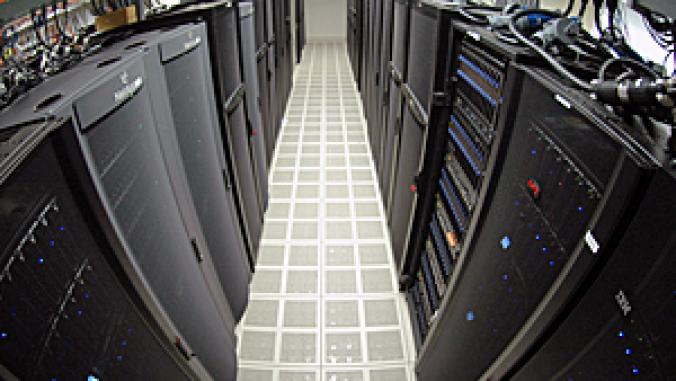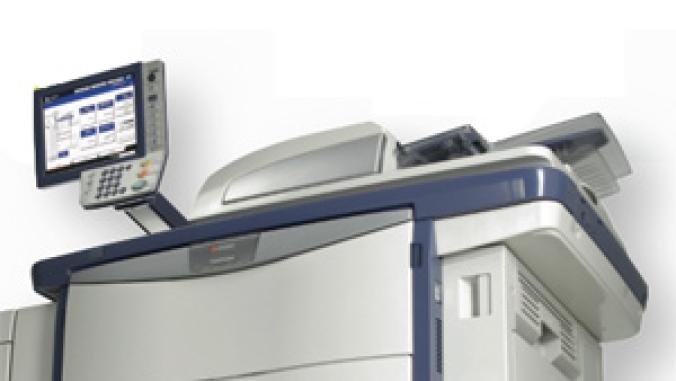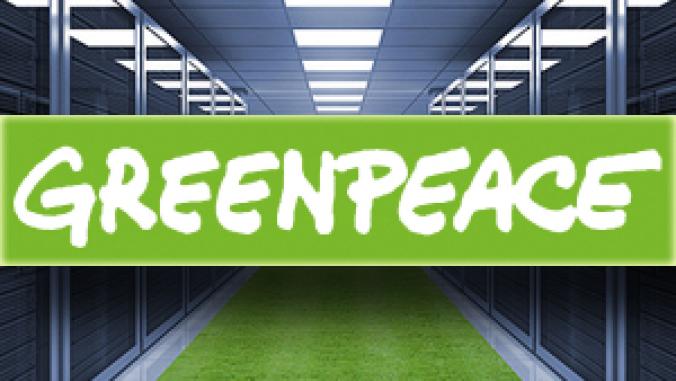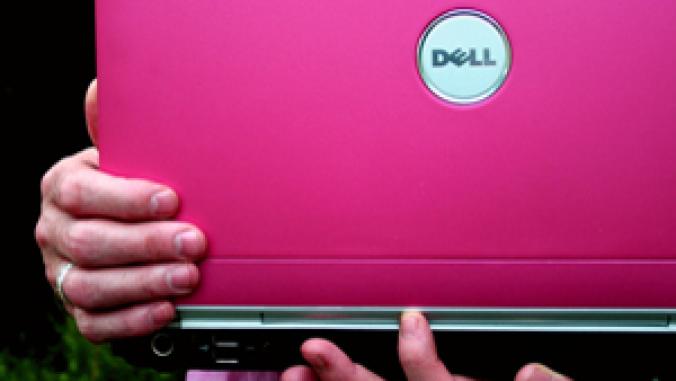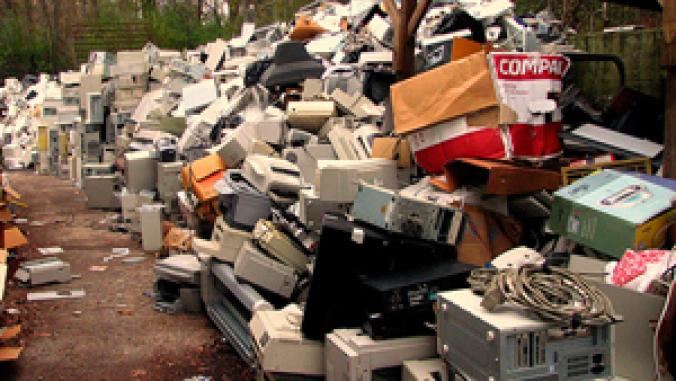Latest Greenpeace Electronics Scorecard Highlights E-Waste, Climate Battles
In its quarterly ranking of electronics manufacturers' commitments to the environment, Greenpeace found Nokia at the top of the heap yet again, while the NGO highlighted takeback policies and carbon-reduction commitments as the key to truly green electronics.

From energy efficiency to toxics used in manufacturing to end-of-life issues, the road to truly green electronics faces a steep climb. Although most companies are taking these issues very seriously, it will surely be a slow process.
Every three months, the international environmental group Greenpeace rates these companies on how well they're doing -- and raises the bar a little higher.
Greenpeace today released its 10th quarterly "Guide to Greener Electronics," a report that ranks 18 of the top electronics manufacturers in how they're addressing a range of environmental issues.
Early versions of the ratings highlighted needs endemic to electronics: how energy-efficient they are, the impact of how they're manufactured, and how carefully and safely they're recycled and reused at their end of life.
This month's report, timed to the global climate change summit in Poland next month, calls on manufacturers to up their company-wide commitments to steep and rapid cuts in overall greenhouse gas emissions.
Nokia maintains its top score in the ranking, earning 6.9 points out of 10 possible for its takeback program and reducing the use of toxic chemicals like PVC, brominated flame retardants and antimony trioxide.
Rounding out the top four is a three-way tie between Sony Ericsson, Toshiba and Samsung, all with 5.9 points. Sony earned high marks for its new environmental warranty for responsible takeback, Toshiba gains ground with its reporting of and goals toward renewable energy use and emissions reductions, and Samsung earned praise for reducing toxic chemical use and building energy-efficient products.
"To be a green leader, electronics companies need to equally address energy, toxics elimination, and recycling and waste issues," Greenpeace International campaigner Casey Harrell said in a statement. "It is disappointing that such innovative companies are moving so slowly on climate and energy issues, when they could be turning the need for cuts in global warming pollution into a golden business opportunity."
The report highlights just how far Greenpeace says companies must come to become climate leaders. Of the 18 companies studied in the scorecard, only Sharp, Fujitsu Siemens, and Philips are fully committed to reducing emissions by 30 percent before 2020.
Greenpeace singles out Lenovo and Microsoft in particular on energy issues, although many of the companies surveyed have significant room for improvement. Microsoft, which earned second-to-last place in the ranking this time around with a 2.9 score, gets praised for reporting its total emissions and using renewable energy for 24 percent of its operations, but earns little other praise. Lenovo, scoring just above Microsoft with 3.7, lost points for not having all its computers meet Energy Star standards.
Rounding out the bottom for the fifth time in a row is Nintendo, which has shown little movement since it entered the scorecard rankings in December 2007. Greenpeace criticizes the company for everything but its reduction of toxic chemicals in manufacturing, and notes that although the company has committed to reducing its overall emissions by 2 percent every year, an increase in business drove emissions up by 6 percent in 2006.
Greenpeace compiles the ratings based on publicly available information on each of the manufacturers' websites. The full data from the report is available for download from GreenerComputing.com.
Every three months, the international environmental group Greenpeace rates these companies on how well they're doing -- and raises the bar a little higher.
Greenpeace today released its 10th quarterly "Guide to Greener Electronics," a report that ranks 18 of the top electronics manufacturers in how they're addressing a range of environmental issues.
Early versions of the ratings highlighted needs endemic to electronics: how energy-efficient they are, the impact of how they're manufactured, and how carefully and safely they're recycled and reused at their end of life.
This month's report, timed to the global climate change summit in Poland next month, calls on manufacturers to up their company-wide commitments to steep and rapid cuts in overall greenhouse gas emissions.
Nokia maintains its top score in the ranking, earning 6.9 points out of 10 possible for its takeback program and reducing the use of toxic chemicals like PVC, brominated flame retardants and antimony trioxide.
Rounding out the top four is a three-way tie between Sony Ericsson, Toshiba and Samsung, all with 5.9 points. Sony earned high marks for its new environmental warranty for responsible takeback, Toshiba gains ground with its reporting of and goals toward renewable energy use and emissions reductions, and Samsung earned praise for reducing toxic chemical use and building energy-efficient products.
"To be a green leader, electronics companies need to equally address energy, toxics elimination, and recycling and waste issues," Greenpeace International campaigner Casey Harrell said in a statement. "It is disappointing that such innovative companies are moving so slowly on climate and energy issues, when they could be turning the need for cuts in global warming pollution into a golden business opportunity."
The report highlights just how far Greenpeace says companies must come to become climate leaders. Of the 18 companies studied in the scorecard, only Sharp, Fujitsu Siemens, and Philips are fully committed to reducing emissions by 30 percent before 2020.
Greenpeace singles out Lenovo and Microsoft in particular on energy issues, although many of the companies surveyed have significant room for improvement. Microsoft, which earned second-to-last place in the ranking this time around with a 2.9 score, gets praised for reporting its total emissions and using renewable energy for 24 percent of its operations, but earns little other praise. Lenovo, scoring just above Microsoft with 3.7, lost points for not having all its computers meet Energy Star standards.
Rounding out the bottom for the fifth time in a row is Nintendo, which has shown little movement since it entered the scorecard rankings in December 2007. Greenpeace criticizes the company for everything but its reduction of toxic chemicals in manufacturing, and notes that although the company has committed to reducing its overall emissions by 2 percent every year, an increase in business drove emissions up by 6 percent in 2006.
Greenpeace compiles the ratings based on publicly available information on each of the manufacturers' websites. The full data from the report is available for download from GreenerComputing.com.
